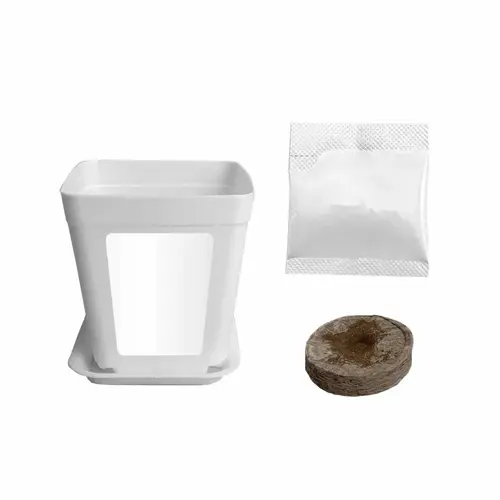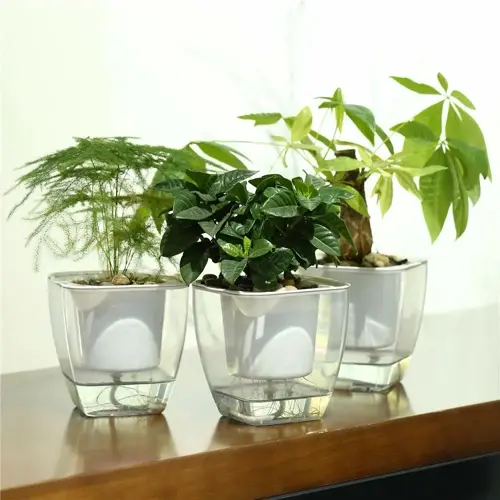What are the best shade-tolerant herbs?

Written by
Liu Xiaohui
Reviewed by
Prof. Charles Hartman, Ph.D.Growing shade-tolerant herbs takes care of the gardening dilemma in cloudy spots in the summer. Mint, parsley, cilantro, and lemon balm thrive in sunny spots. I turned my north-facing balcony into a little oasis using these easy plants. They need less water than sun plants and handle the heat soak much better.
Mint prefers partial shade to limit its aggressive growth in pots. Parsley works well in light shade, so it does not bolt. Cilantro needs morning sun and afternoon shade. Lemon balm thrives with filtered light for richer oil. Chives can be cut consistently with just three hours of daily sunlight.
Mint
- Light: Partial to full shade
- Soil: Moist, well-drained
- Tip: Contain roots to prevent invasive spread
Lemon Balm
- Light: Partial shade
- Soil: Rich organic mix
- Tip: Harvest before flowering for peak flavor
Sweet Woodruff
- Light: Full shade
- Soil: Damp, slightly acidic
- Tip: Use in May wine or herbal sachets
Water shade herbs 20% less often while checking soil moisture first. Insert your finger two inches into the soil; water only if it feels dry. Apply diluted liquid seaweed fertilizer monthly during growth seasons. Overfeeding can lead to weak stems and yellow leaves, especially in low-light conditions.
Companion planting enhances the effectiveness of shaded herb gardens. For example, garlic can be planted next to parsley to naturally deter aphids. Chives offer protection from black spot disease on roses. Marigolds repel nematodes around cilantro roots. Companion planting minimizes pest problems without the need for chemical sprays.
Supplementing culinary and medicinal plants can be a valuable and rewarding experience, while also promoting food sovereignty and self-sufficiency. Harvest herbs in the early morning, after the dew has dried off, to capture the peak time essential oils for cooking or remedy making. Excess harvested herbs can be preserved by freezing chopped leaves in oil cubes or by drying, such as thyme and oregano. Consider starting with three pots to bolster your confidence.
Read the full article: 10 Shade Loving Herbs for Your Garden

